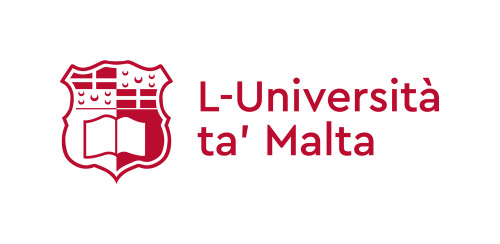The main scope of the study is to perform structural integrity assessments on the current baseline design of the DEMO Divertor developed within the EUROfusion consortium. The stress analysis required for the assessment is to be carried out mainly using Finite Element Analysis (FEA).
RCC-MRx will be followed as the design code but the study will explore how the rules in this code can be applied to the particular geometries and type of loading of the DEMO divertor. These are quite different to the ones found in fission reactors for which RCC MRx was mainly developed. Given the large size of the model, elastic analyses will mainly be used but elastic plastic analyses may be utilised to prove the developed elastic design methodology.
This proposed study aims to contribute in improving structural integrity methodologies to fusion reactor components using the latest edition of the RCC MRx code. At this stage it is clear that there still exist knowledge gaps in using RCC MRx for the DEMO divertor stress analysis. More work is required to assess the divertor and its components in the creep regime at high temperatures. The goal of the proposed work is to develop the methodologies required for such high temperature design to assess the divertor structural integrity against creep and creep fatigue failures. Suggestions for RCC MRx code improvements will be made where this is found lacking both in the analysis methodologies and in the required material properties. Outcomes of the proposed study will therefore indicate other knowledge gaps especially in material properties and structural integrity methodologies that need to be filled in to properly have a divertor design fit for its required purpose.

